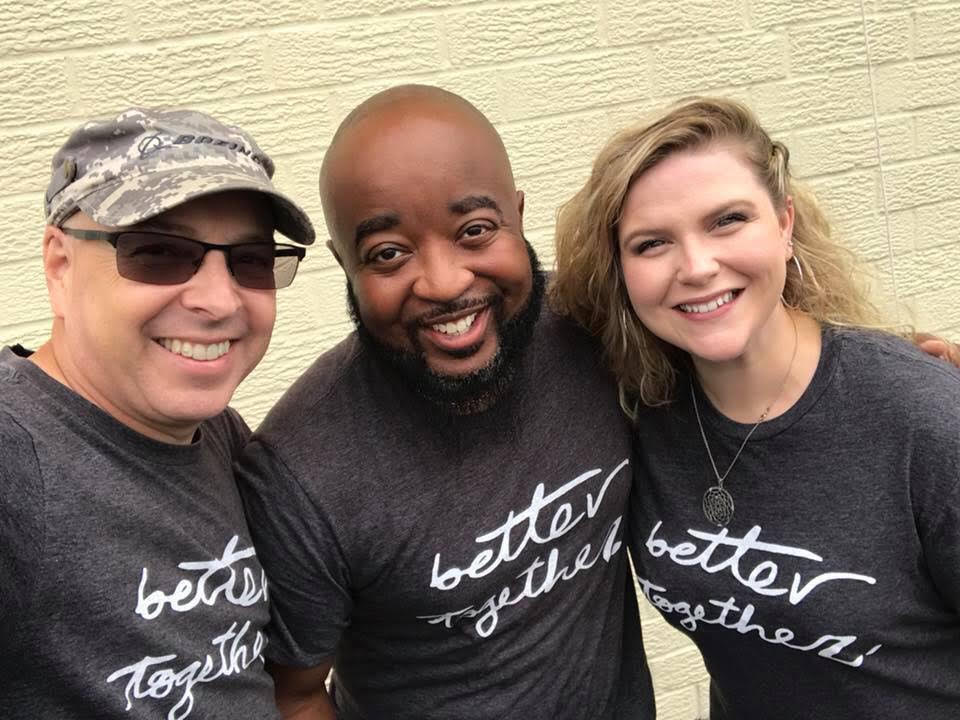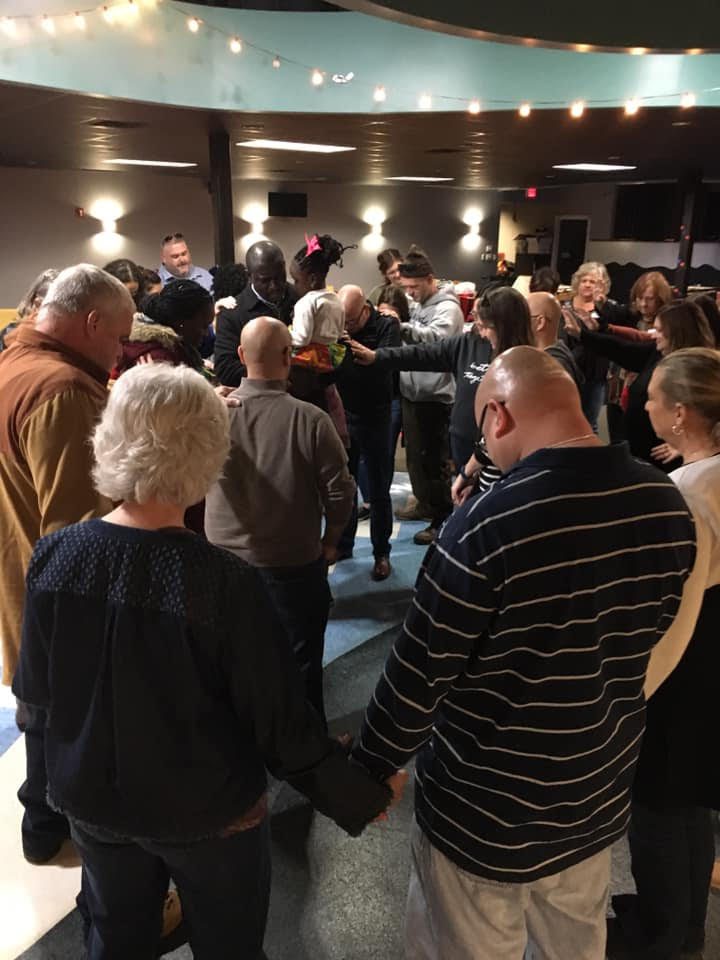Rosario is an ordained pastor in the United Methodist Church, church planter and coach/consultant currently serving at United Theological Seminary in Dayton, Ohio as Dean of the Chapel. Church planting and outreach are his main passions. So far, Rosario has planted and restarted several congregations, the most recent being Mosaic Church in Dayton, which is an intentionally multi-ethnic church.
Innovation inspiration
Rosario’s journey into church planting began while he was serving in the Marine Corps Reserves. He began to wonder if he was being called to serve as a chaplain. But in order to be a chaplain he needed to go to seminary. After seminary he took a commission as a chaplain in the Marines and Navy. Along the way, he did an internship at an urban church in Lexington, KY where he found a passion for the local church. At that church he also worked as the custodian, later becoming an associate pastor.
Afterward, he did what is called in church-planting terms a “parachute drop,” meaning no people and no money are coordinated before a church plant. He started from scratch. With this plant he wanted to reach the hurting and the broken. They ended up worshipping in an old movie theater. The ministry grew quickly with an eclectic group of worshippers, from homeless individuals to college students to empty-nesters. Picardo’s ministry then took him to Trip City, Ohio where he helped restart a satellite of a larger Methodist congregation.
In 2017 he stepped away from that ministry to start Mosaic Church in Dayton. Dayton, Ohio has been a welcoming city for immigrant and refugee resettlement, and Rosario himself is an immigrant from Sicily. His identifying with immigrants lent credibility to the intentionally multi-ethnic congregation, but it was a large risk to start Mosaic without any other immigrant members. What helps is that Rosario has a passion for people and helping people form community. He says, “People need to belong before they can believe.”
Key practices
Rosario says they need feet on the street, so he leads others in getting out of the office. In other words, iff we want to know our community, we need to be in the community. Rosario’s team doesn’t force faith conversations to happen but stays present for them. Pre-pandemic, Mosaic was meeting in an old movie theater, but now they are a church on the move. They hold drive-in worship at rotating locations throughout Dayton every Sunday.
Mosaic has made intentional choices to become a truly multi-ethnic and multi-national congregation—making sure the staff reflects the community and choosing art and imagery for their physical worship space that reflects the broader community.
Community partnerships are also very important because they provide a great avenue for outreach. Currently, Mosaic has partnerships with the local parks and recreation department and an ESL program. Rosario sees these partnerships as their front door. People see the goodwill being done in the community by the church and the real impact that the church is making and want to partner with them.
Takeaways
Rosario’s experience in church planting has been largely self-taught. He said that seminary did not prepare him for church planting or the business side of church life; he is currently pursuing an MBA to help in that area. Most of his learning has come from mentors and experience. He wishes his seminary experience as a whole had been more practical and had more training specifically for leadership. He finds that he is often pushing up against or beyond the boundaries of the institutional church with his creative and innovative ideas.
For someone discerning a calling to church planting, in addition to confirming both an inner and public (affirmed by others) call, Rosario recommends assessments to find out your gifts and aptitudes. Read up on church planting, which is an ever-changing field. He recommends an internship specifically focused on starting a new church. Interviewing other church planters is another great practical step. Lastly, Rosario says to work on developing your self-awareness, to know your strengths and weaknesses, which is great advice for any ministry.
Your turn: Prayer
Holy God, we give thanks for those who are called to plant churches and form community. Give them the knowledge, patience, wisdom, and skills needed to form worshipping communities where you call them. We thank you for your Holy Spirit who calls, gathers, and enlightens the church. May all of us lean on and trust in you. Amen.






